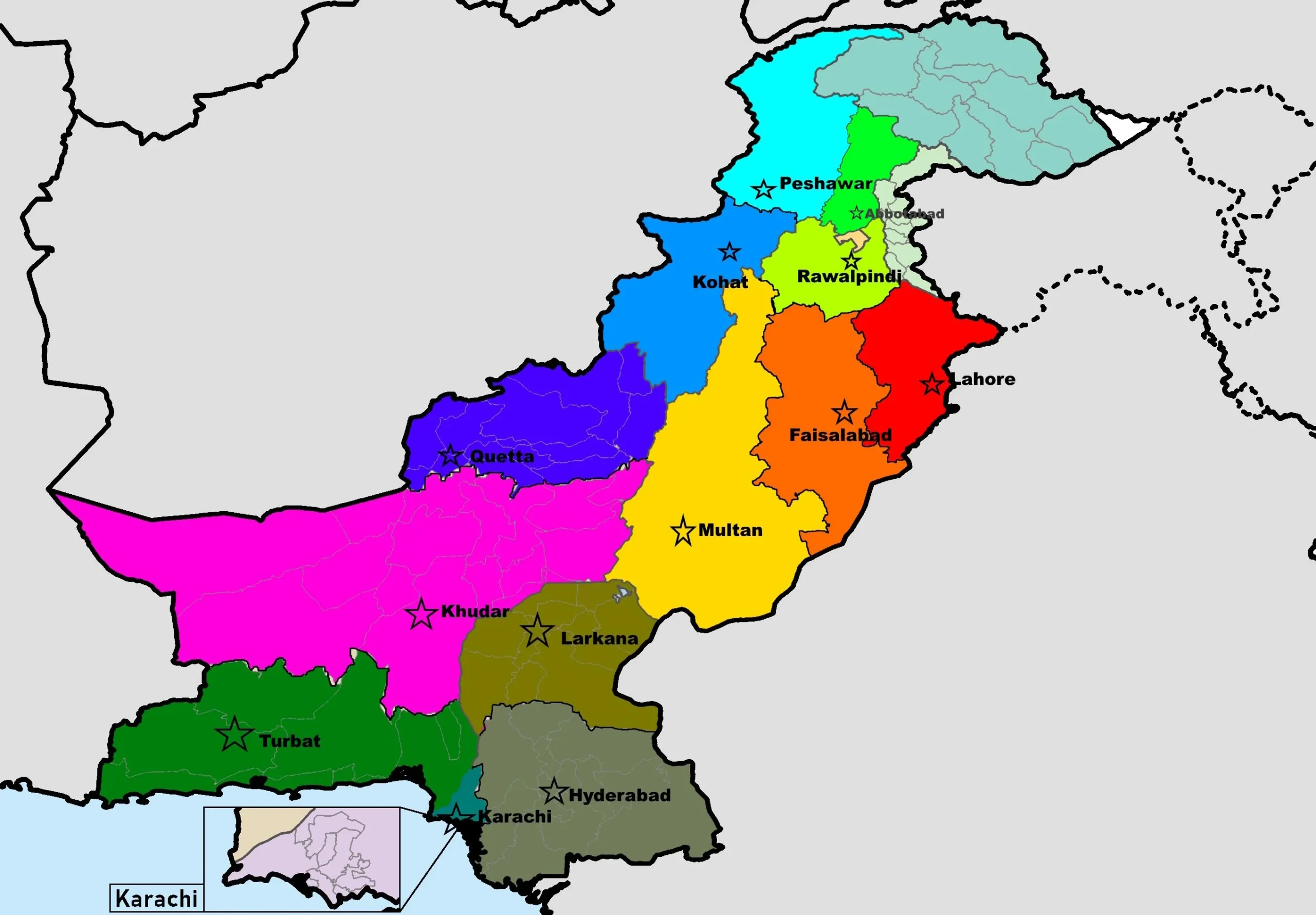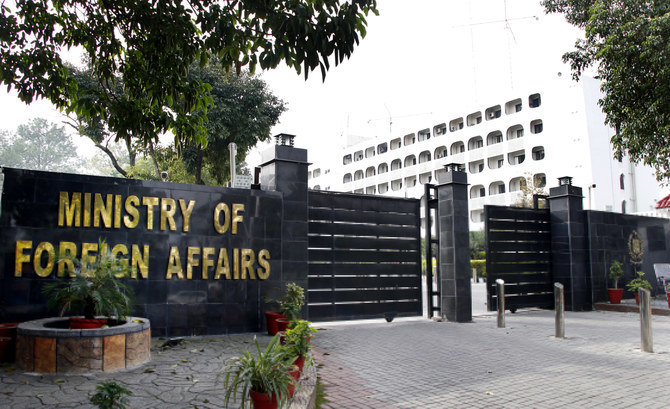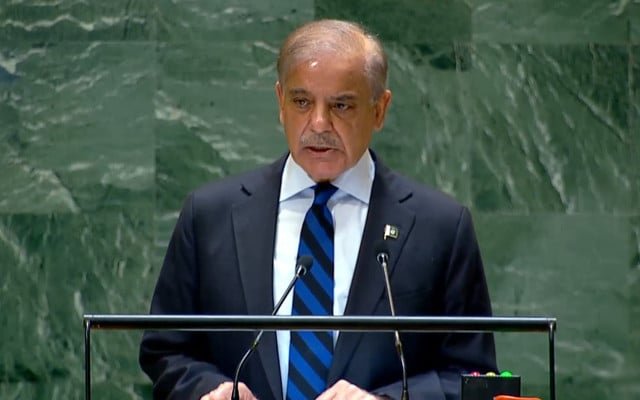During his final talks with outgoing President Joe Biden, Chinese President Xi Jinping emphasized his commitment to working with the incoming U.S. administration of Donald Trump. The two leaders met for about two hours on the sidelines of the Asia-Pacific Economic Cooperation (APEC) forum in Lima, Peru, marking their first meeting in seven months. Their discussion covered a wide range of issues, from cybercrime and trade to Taiwan, the South China Sea, and Russia’s involvement in Ukraine.
Xi reiterated China’s goal of maintaining a stable and healthy relationship with the U.S., despite the “ups and downs” between the two countries. He expressed readiness to cooperate with the new U.S. administration, focusing on communication, expanding cooperation, and managing differences. Biden, in turn, acknowledged their past disagreements but described their conversations as “frank” and “candid.”
With Trump set to return to the White House in two months, there are growing concerns over potential risks of conflict during the transition. Biden’s national security adviser, Jake Sullivan, noted that maintaining direct communication between the two leaders would remain crucial even after Biden leaves office. Trump has promised to impose significant tariffs on Chinese goods and hire several hawkish figures on China, including U.S. Senator Marco Rubio and Representative Mike Waltz.
The two leaders also discussed North Korea, with Biden urging China to use its influence to prevent further escalation of the conflict in Ukraine and to deter North Korea from sending troops to support Russia. Additionally, Biden raised concerns over a recent cyberattack linked to China, targeting U.S. government officials and presidential campaign staff.
On Taiwan, Biden called for an end to China’s “destabilizing” military activities around the island, while Xi blamed Taiwanese President Lai Ching-te’s “independence” actions for the tensions. The U.S. is Taiwan’s most important supporter, despite not recognizing the island diplomatically. China considers Taiwan part of its territory, and Beijing’s military provocations in the region have been a source of growing concern for the U.S. and its allies.
While the leaders disagreed on several fronts, including trade and military presence in the South China Sea, they also found common ground on the issue of nuclear weapons. For the first time, both sides agreed that human decision-makers, not artificial intelligence, should be in charge of nuclear weapons policy.
In addition to their political discussions, Xi’s visit to Peru marked the beginning of a week-long diplomatic tour in Latin America, where China is seeking stronger economic ties, particularly in commodities like metal ores and soybeans. The U.S. is closely watching China’s growing influence in the region, which may include military and intelligence-related concerns.
Xi’s visit to Latin America comes amid growing concerns over the power dynamics in the Western Hemisphere as China continues to strengthen its presence and challenge U.S. influence.















